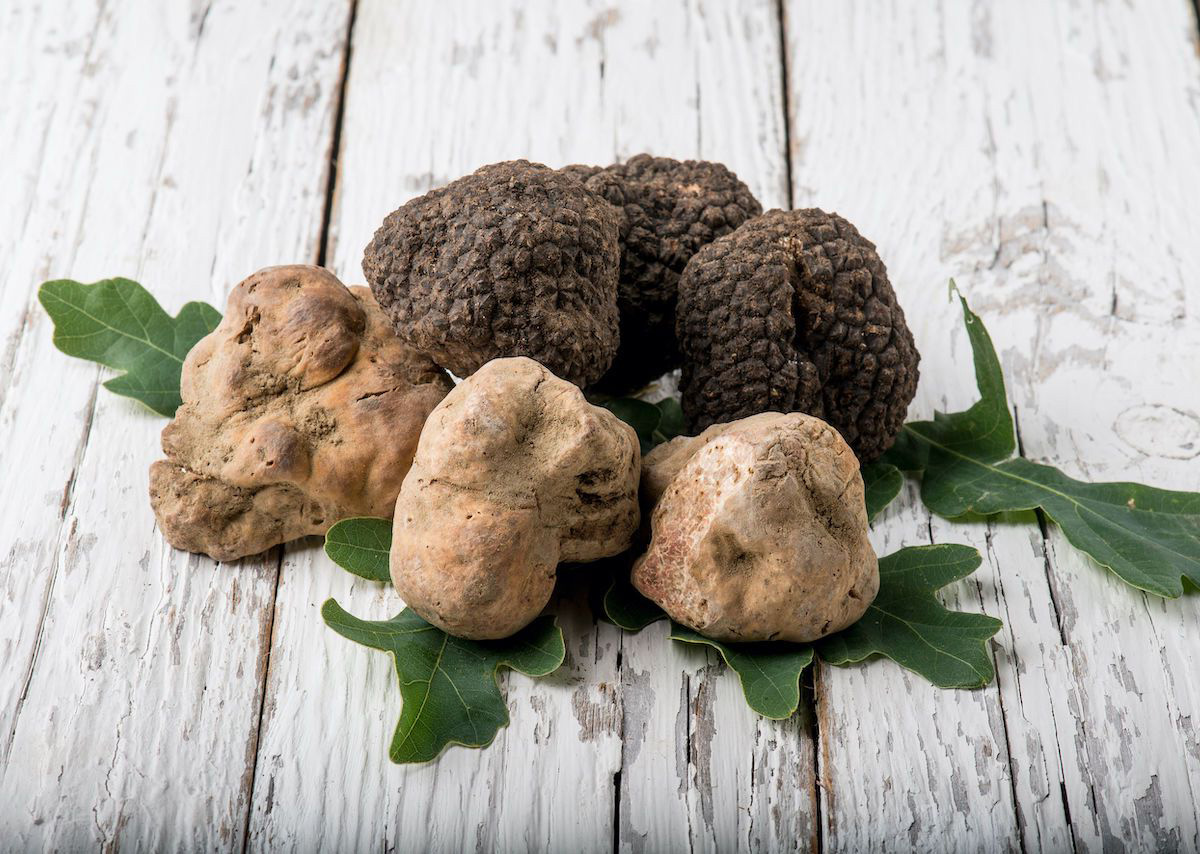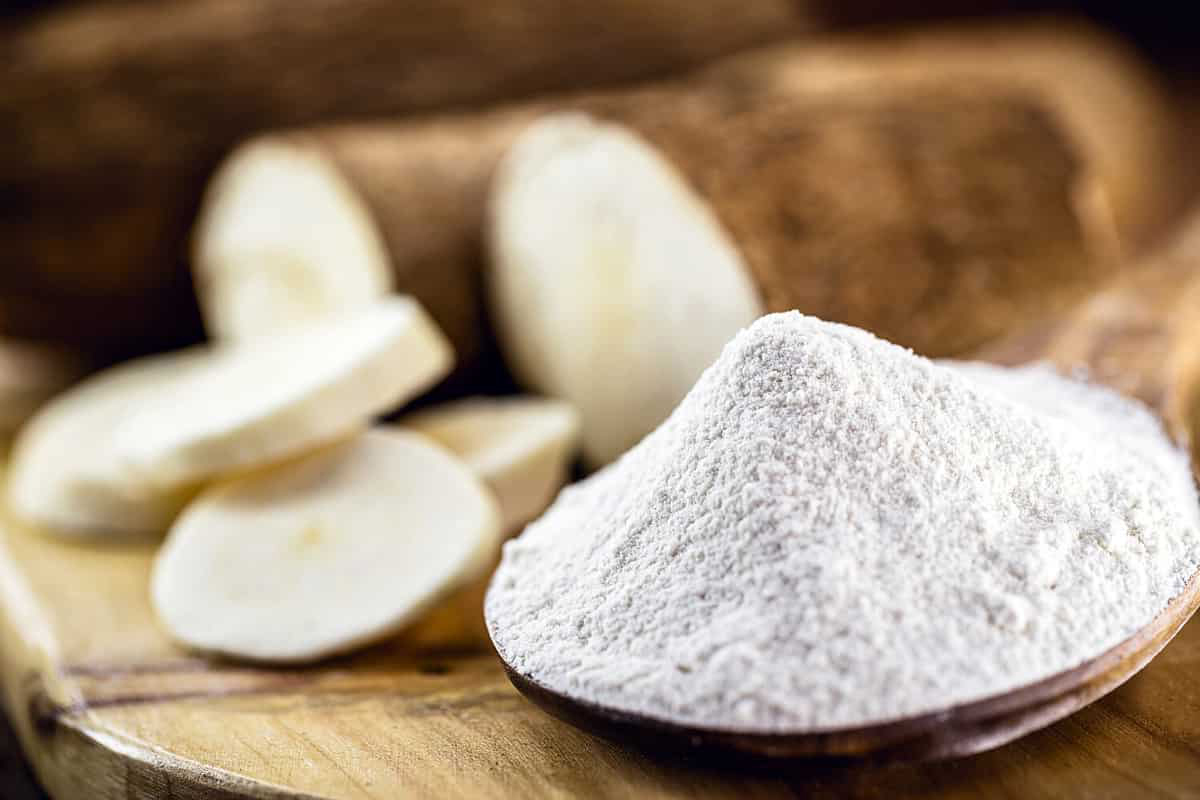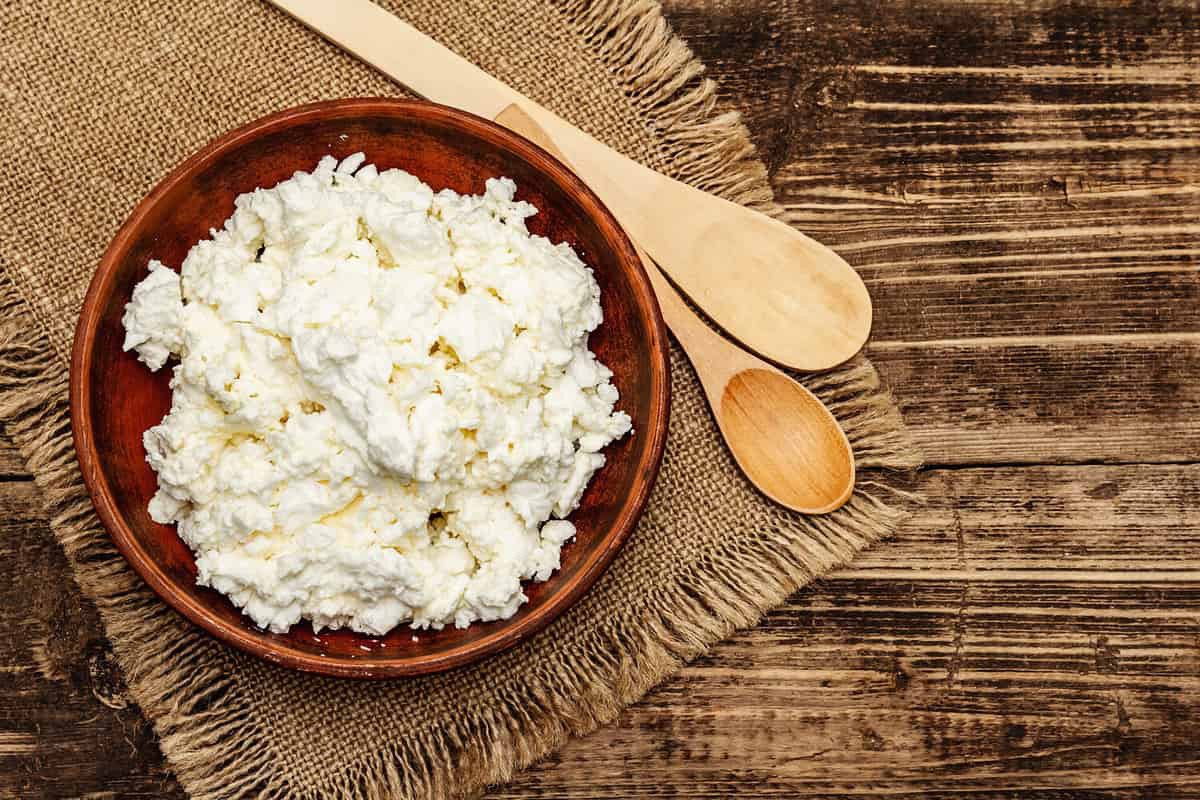Understanding the Difference Between White and Black Pepper
Pepper is a staple in many kitchens around the world, adding a burst of flavor and a hint of heat to a wide variety of dishes. While both white and black pepper come from the same plant, they have some key differences that set them apart. Let’s take a closer look at the distinctions between these two popular spices.
1. Origin and Processing
Black pepper is made by picking the unripe green berries of the pepper plant and drying them in the sun until they shrivel and turn dark. The outer layer, or the skin of the berry, is then removed, leaving behind the wrinkled, black pepper core.
White pepper, on the other hand, is made from fully ripe red berries. The berries are soaked in water for about a week, which causes the outer layer to decompose. The remaining seed is then dried, resulting in the white pepper.
2. Flavor Profile
Black pepper is known for its bold, pungent flavor with earthy and floral undertones. It has a strong and aromatic taste that can add depth to dishes.
White pepper, on the other hand, has a milder and slightly fermented flavor. It is often described as being less complex than black pepper, with a subtler heat and a hint of mustiness.
3. Culinary Uses
Black pepper is a versatile spice that can be used in a wide range of dishes, including meats, soups, stews, and marinades. Its robust flavor makes it a popular choice for seasoning and adding a kick to savory recipes.
White pepper is often used in dishes where a more subtle pepper flavor is desired. It is commonly used in light-colored sauces, mashed potatoes, and creamy soups, where the dark specks of black pepper may be less visually appealing.
4. Appearance
One of the most obvious differences between the two types of pepper is their color. Black pepper is, as the name suggests, black in color, while white pepper is a pale cream color.
5. Health Benefits
Both black and white pepper contain the compound piperine, which has been shown to have antioxidant and anti-inflammatory properties. Piperine is also believed to enhance the absorption of certain nutrients in the body.
Conclusion
While black and white pepper share some similarities, such as their origin from the same plant and their health benefits, they also have distinct differences in flavor, processing, and culinary uses. Whether you prefer the boldness of black pepper or the subtlety of white pepper, both spices have their own unique characteristics that can elevate the taste of your favorite dishes.
Next time you reach for the pepper grinder, consider the differences between white and black pepper, and choose the one that best suits your culinary creation.
Was this page helpful?
Read Next: What Is Egg Mayonnaise











